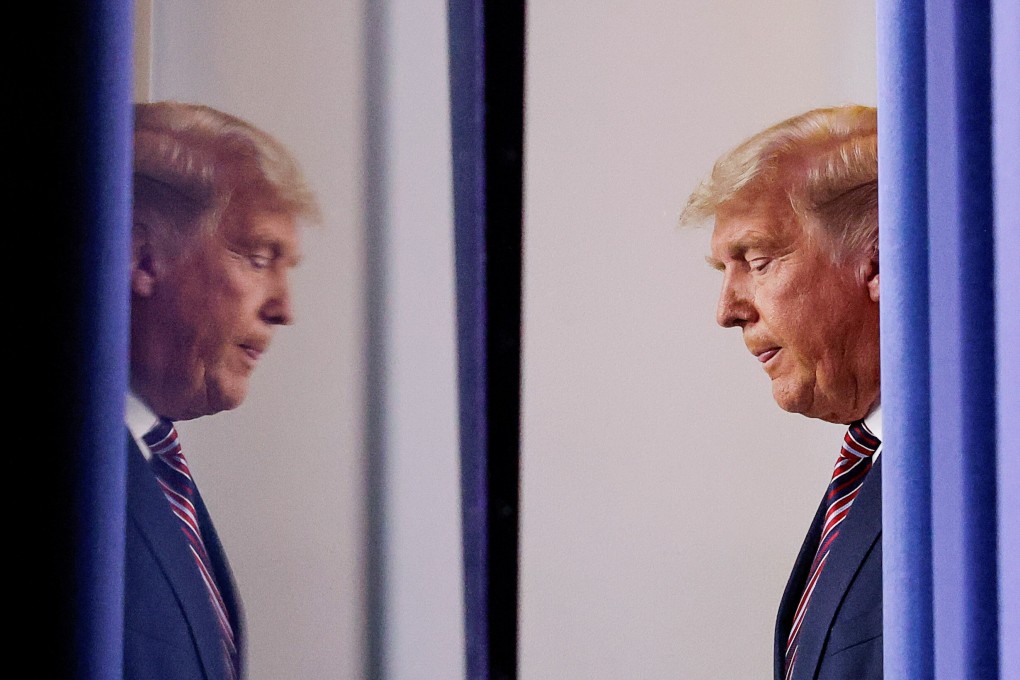Advertisement
US-China tensions could get worse before the dust settles on presidential election, observers say
- Donald Trump and his top officials may seek to sabotage Sino-US relations, Chinese academic says
- If Trump takes his election grievances to court, it will be difficult for Beijing to establish communication with the Biden team before the matter is settled, international relations professor says
Reading Time:4 minutes
Why you can trust SCMP

With the battle for the US presidency likely to rage on for some time, regardless of the official result, observers say there could be a spike in tensions between the US and China on thorny issues like Taiwan and the South China Sea before the inauguration ceremony in January.
Wu Xinbo, director of the Centre for American Studies at Fudan University in Shanghai, said the Donald Trump administration was likely to continue to confront China on political, diplomatic and economic issues.
That might include labelling China’s persecution of minority Uygur Muslims in Xinjiang as “genocide”, imposing more sanctions on Chinese companies or providing more support for Taiwan.
Advertisement
“Trump has blamed China for the spread of the [coronavirus] pandemic and may think that has cost him the election,” Wu said.
“People like [US Secretary of State Mike] Pompeo and [White House trade adviser Peter] Navarro will also seize their last chance to sabotage Sino-US relations.”
In the months ahead of the election, several Chinese experts expressed concerns that Trump’s China-bashing tactics heralded a dangerous period in the relationship between the two countries and that tensions could reach a peak if the incumbent president lost the White House.
Advertisement
Select Voice
Select Speed
1.00x